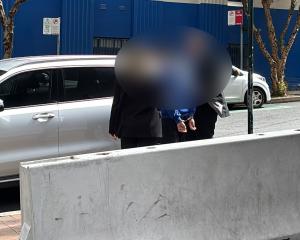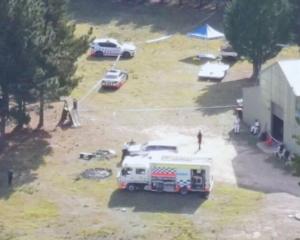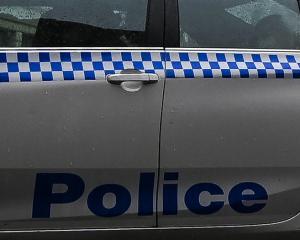The death of Neil Prakash, the Islamic State operative behind a string of failed Australian terror plots, has been hailed as a major breakthrough in the fight against domestic terrorism.
Prakash was killed in an targeted United States air strike in northern Iraq nearly a week ago.
Actually, Prakash was just a needy loser with a gun ... @paul_maley sums him up perfectly
— Christine Middap (@ChristineMiddap) May 4, 2016
The jihadi and me https://t.co/I4VsdqRn0K
Prime Minister Malcolm Turnbull acknowledged Prakash had been a target for some time "as he should have been", but would not elaborate on what role Australia played in the strike.
"Neil Prakash's death is a very, very positive development in the war against Daesh and the war against terror," he told Sky News today.
Attorney-General George Brandis earlier revealed Australian authorities provided the US with information about Prakash - who he said was a "very important, high-value target" - and his location within the IS stronghold of Mosul.
He described Prakash as the most dangerous Australian engaged with IS, being actively involved in recruitment and encouraging domestic terrorist events in Australia.
"He was the principal Australian reaching back from the Middle East ... in particular to the terrorist networks in both Melbourne and Sydney," Senator Brandis said. "He was the person of greatest concern to us."
US officials have also advised the government that Australian woman Shadi Jabar, the sister of Farhad Jabar, the 15-year-old terrorist who shot New South Wales police worker Curtis Cheng as he left Parramatta police station last year in an Islamic State-inspired killing.
Shadi Jabar and her husband Abu Saad al-Sudani, who was also killed in the air strike, were actively involved in the recruitment of Australians to IS, Senator Brandis said.
The latest advice from the nation's domestic spy agency ASIO is that about 110 Australians are in the Middle East as foreign fighters with IS or engaged in its network.
Counter-terrorism expert Greg Barton said Prakash was more a mouthpiece for IS rather than one of its masterminds.
But his death was very significant nevertheless because Prakash was linked to a failed Anzac Day terror plot in Melbourne and the shooting death of NSW police worker Curtis Cheng in western Sydney last year.
"The fact that he's out of the picture is very welcome, but unfortunately there's many others there as well," Professor Barton said.
"A major breakthrough, but a long way to go."
The death of Prakash had degraded IS's ability to recruit vulnerable people to conduct terrorist acts, Senator Brandis said.
Prakash had appeared in IS propaganda videos and magazines and recruited Australians, including children, and encouraged acts of terrorism.
"These incidents remind us that Australians who engage in terrorist activity and move into overseas conflict zones are placing themselves and others at significant risk."












